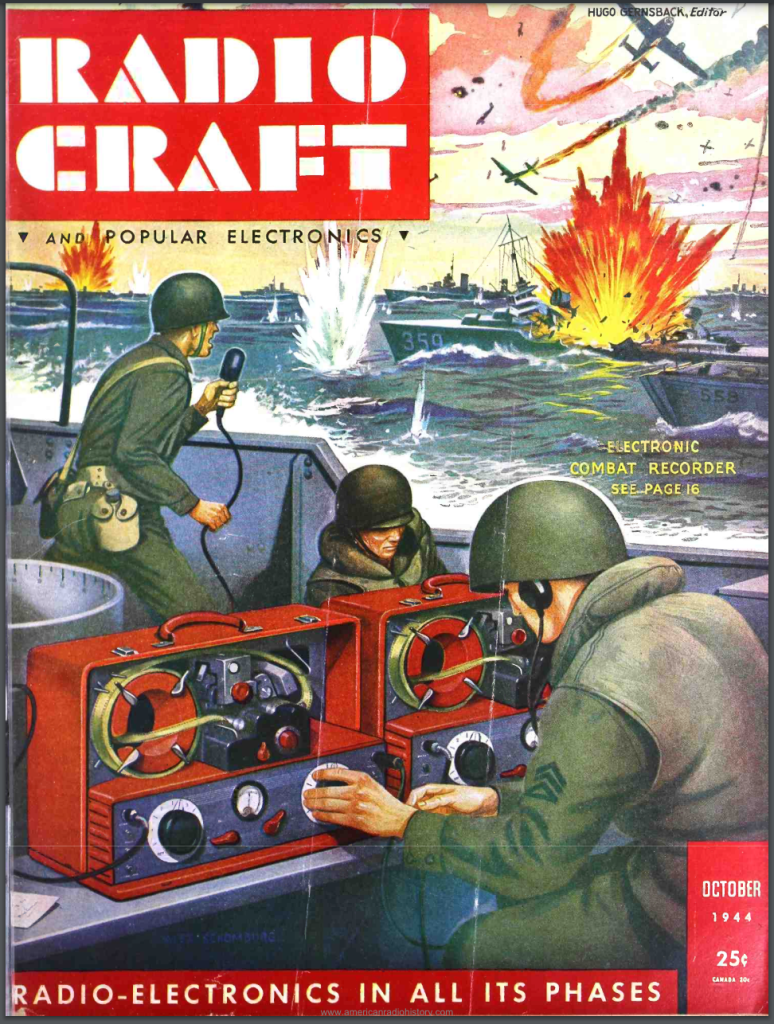Back when I was still teaching, I did annual D-Day updates of my JHeroes pages about the “Soldiers of the Press” radio series, which dramatized the lives of United Press reporters whose bylines appeared in newspapers across America and around the world, but there were radio network reporters at work too… and I haven’t had a lot to say about them, since radio-drama and portrayals of newspaper reporters are the main focus of JHeroes.

Those Soldiers of the Press dramatizations have at times been mistaken for live news reports, including the ones in which actors with different voices portrayed U.P. “print” correspondents like Walter Cronkite.
Although radio-drama is still the focus of this website, this year, I gave that D-Day item a dose of real-life drama: a new closing paragraph about a non-U.P. radio war correspondent, George Hicks, whose recordings — made while his ship was under attack from German planes — were rediscovered in their original “Ameritape” format and donated to the D-Day Memorial five years ago, as described in this Washington Post story from 2019. Whether those were shipboard originals or early off-the-air copies, it’s a fascinating story about an all-but-forgotten recording technology that used celluloid similar to movie film in the days before magnetic recording tape.
The websites about Hicks’ recordings also included a magazine-cover picture that sent me looking for this contemporary article about the “Electronic Combat Recorder,” see page 16 of this October, 1944, “Radio Craft” magazine, downloadable with a click, as a PDF file from the WorldRadioHistory publication archive.
Several other new links are included in the closing paragraphs of that 2011 D-Day page of mine, and I’ve tested and updated the page’s other links and Soldiers of the Press audio players.
